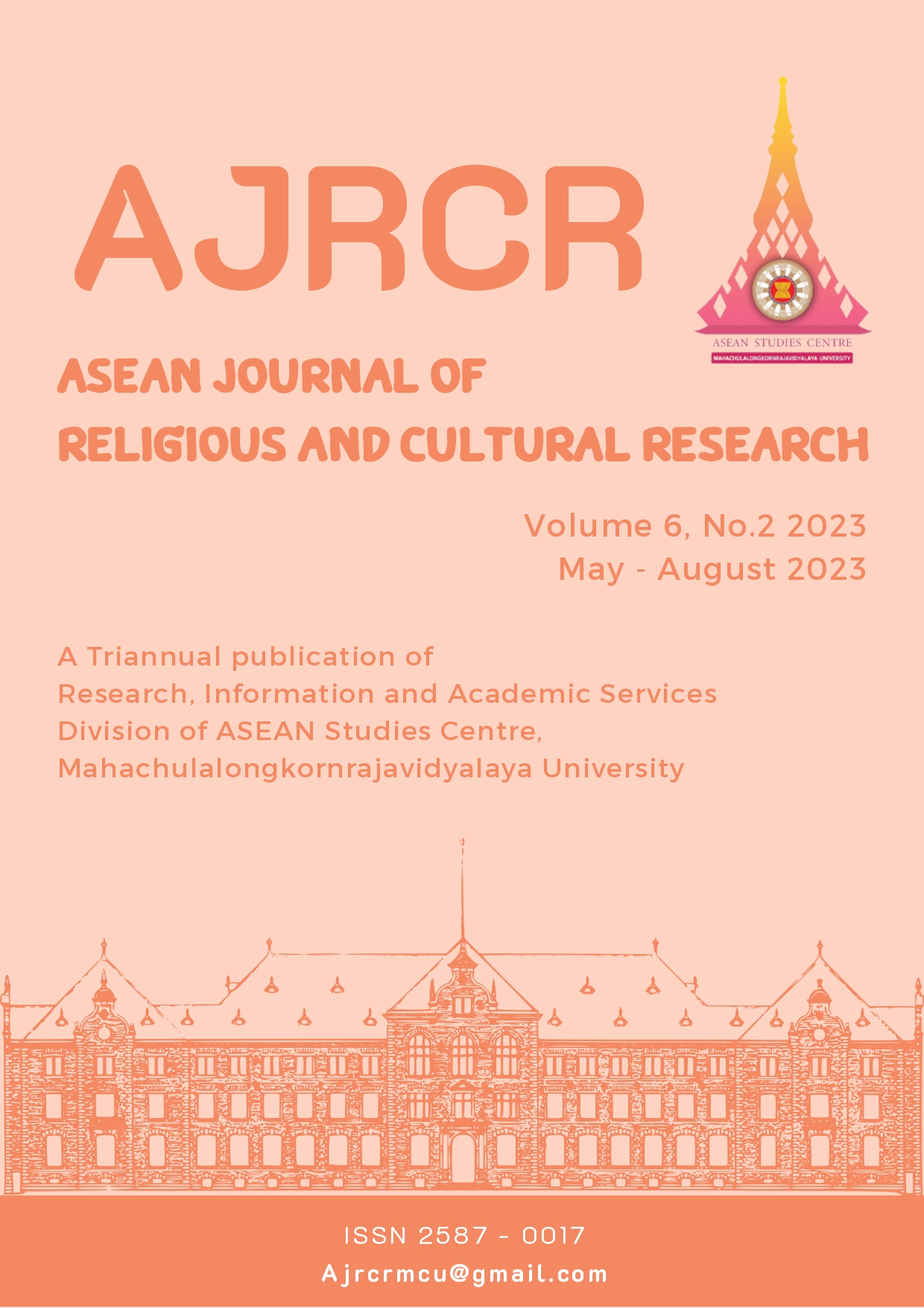Reformative Leadership according to the Pāpaṇikadhamma Principles for School Administrators in the Modern World
Keywords:
Reformative Leadership, Pāpaṇikadhamma, Modern worldAbstract
This article is a presentation of Reformative Leadership according to the Pāpaṇikadhamma principles for school administrators in the modern world which is the world of unlimited information; the era that has more transfer and exchange information between people and organizations. Therefore, the reformative leadership is very important for being school administrators to drive the educational process to haveefficiency and up to date, be able to develop students to be persons of searching for knowledge, to understand about humankind (humanism in education), to have thinking development (Growth mindset) and to be striving for working toward the goals. School administrators should develop themselves to have the characteristics of the reformative leadership that consists of: 1) Charisma, 2) Accepting individuals differences (individualized consideration), and 3) intellectual stimulation, by integrating with the Pāpaṇikadhamma principles of Buddhism, which will be the cause of Buddhist schools administration, that consists of: 1) Cakkhumā : having wide vision, 2) Vidhūro : having proficient working or good execution, 3) Nissayasampanno : having communication skills or good human relationship, for the development of educational institution organizations to be ready to access accomplishment in seeking knowledge, news and information more comfortably, to be learning-based society and increases the efficiency of working to achieve accuracy, quickly and to keep up with the changes of the modern world.






